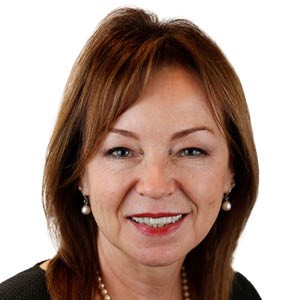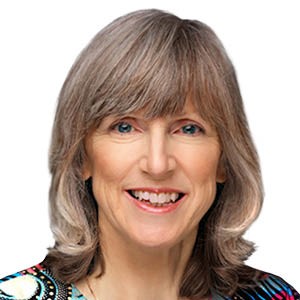A high-performing Board is about more than good governance. The Chair and non-executive directors will combine oversight and technical expertise with the ability to have open and robust conversations with the CEO, CFO and senior executives about performance, strategy and risk.
It also requires creating the right culture so that the executive and non-executive directors trust one another. At Criticaleye’s recent Chair & Non-executive Director Forum, held in partnership with
Accenture, the conversation initially focused on how Boards can steer a course through the current levels of disruption faced by many businesses.
Oliver Wright, Global CG&S Industry Lead and Strategy Lead at Accenture, provided some context on how organisations are having to adapt. “The skills that have been required for success today are absolutely not the same skills that are going to be required for success in the next ten years. Therefore, Board composition and Board capabilities are big questions,” he said.
Technology continues to be a significant accelerant for organisational change. “We are in a situation where most of the industries we're looking at have the ability to drive 30 plus percent productivity [increases] through AI, and the change in the nature of work is going to be at least that much over the next five plus years,” he explained. “Boards have really got to weigh in to understand the implications of that and how they should be applying it.”
As the speed of development continues to increase, the need for Boards to embrace innovation and reinvention has never been greater. Oliver said: “The question I would ask of Boards is: are they clear on what the art of the possible is? Think about the horizon and how organisations can create strategic differentiation by doing something that hasn’t been done in the industry before, but is absolutely doable today.”
Caroline Silver, Chair of housebuilder Barratt Developments, highlighted the importance of utilising a diverse range of perspectives to get a sense of how a Board can provide strategic support. She noted her preference for a Board where everybody can contribute to topics, rather than relying on specific experts.
She explained: “You want the Board to operate organically. Rather than having a ‘Mrs Technology’, a ‘Miss industry’ and a ‘Mr Risk’, you need to create a Board where everybody can play across the piece together. Otherwise, you won’t really add value to management.”
Of course, this doesn’t mean that a Chair shouldn’t be evaluating where additional knowledge and insight might strengthen the quality of debate. Caroline said: “As a Chair, I do feel a responsibility to take calculated risks from time-to-time on new people who haven't yet got deep governance and NED experience but are the next generation of talent.
“Balance is everything; the Chair needs to think about getting the right mix of serving executives and portfolio non-executive directors, who will have the time to dedicate [to the Board] if something goes wrong.”
Justin Kennedy-Payne, Business Development Manager – Board Practice, Criticaleye, commented: “High-performing Boards understand that their strength lies in having a mix of perspectives to draw on. They are bringing in new NEDs for their external perspectives and fresh thinking, but these individuals need a strong framework of support as they adjust to a role that is increasingly demanding.”
It's a point that was expanded upon by
Vanda Murray, Chair of Marshalls, a landscaping and building products supplier. She said: “A brand new NED will require a different type of onboarding to a more experienced NED. Both would need an induction plan, a schedule of briefings from the executive team or external bodies and also site visits around the business, which are critical to the formal onboarding process.
“Before and after a Board meeting, I would call a new NED to make sure they understood everything, or if there was anything that they wanted to raise. I would do that for several rounds of Board meetings until I was sure that they'd found their feet on the Board.”
Interestingly, in a poll conducted during the Chair & NED Forum, attendees identified ‘technical expertise’ (47 percent), such as relating to climate change, technology or cyber, as the main area they needed to improve as independent directors. This was followed by ‘greater access to external reference points’ (29 percent), ‘understanding of the business’ (18 percent) and ‘communication’ (6 percent).
It reinforces how much is expected of the NED role nowadays and the pressure placed on those who are new to the role. Vanda said: “It is a massive learning curve in the first year and it very much depends on the individual and whether they’re from the industry or have an existing network, so you have to be flexible. In the past, I have put external coaching in place for a new NED to really understand how the Board and Committee work and how to make the best contribution.”
The essence of high performance in the Boardroom is to strike a balance between strategy, performance and governance. Given the breadth of issues confronting Boards, it’s no surprise to hear that there is a real focus on the range of skills and experience around the table.
Vanda summarised what kind of Boardroom mindset she’s seeking to instil as a Chair: “I want to spend as much time as possible looking forward instead of back, focusing on the skills and experience around the Board table, having discussions about how to drive performance and how to execute strategy, looking at the big mega trends and investing in innovation.”
Emily Jones, Senior Editor, Criticaleye



